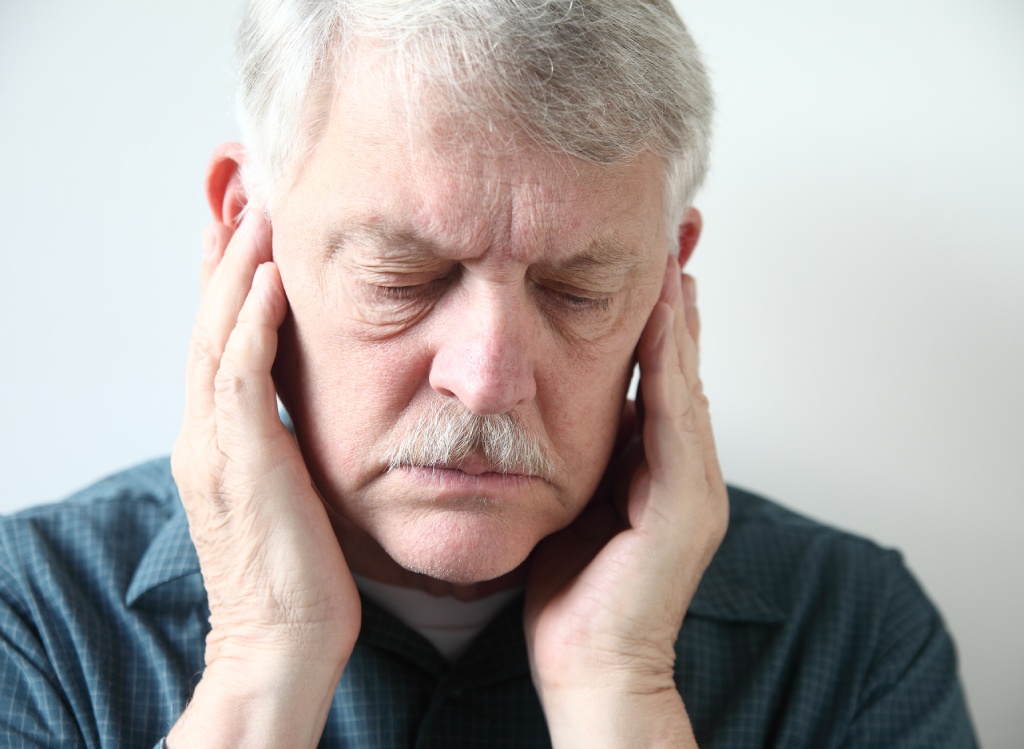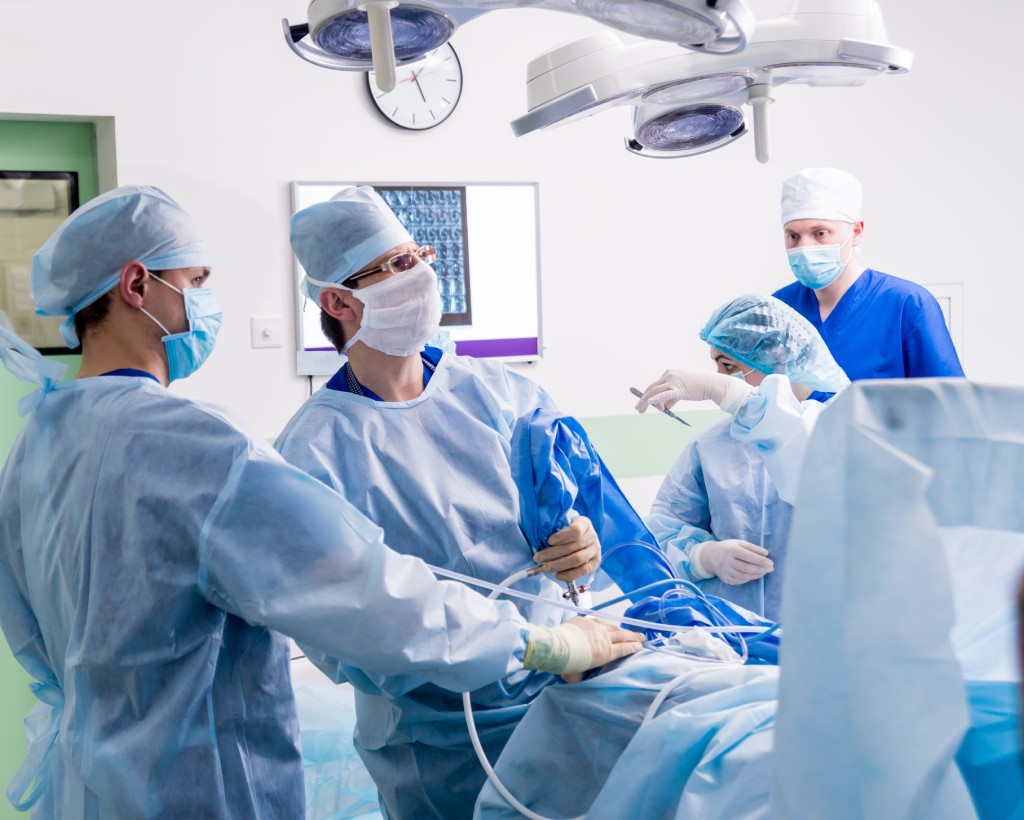Temporomandibular disorders, or TMD, are a group of disorders that affect the TMJ (temporomandibular joint). At Creative Dentistry & Medspa in Sandy Springs, GA, we’ve had plenty of patients suffering from TMD and know how it can affect a person’s life.
Symptoms of TMD
The TMJ is the joint connecting the lower jawbone to the rest of the face. We have two jaw joints, one on each side, and they’re located right in front of our ears. TMD leads to difficulties in chewing and even speaking. Symptoms of TMJ/TMD can include:
- Clicking, popping or grinding in the jaw joint
- Difficulty chewing or swallowing
- Headaches or earaches
- Face and jaw pain
TMD can be incredibly painful and limiting. That’s why prompt and efficient treatment of TMD is something we focus on here at Creative Dentistry & Medspa.

Causes of TMD
TMD has many causes. Trauma is the most prominent one. Those who are involved in an accident or fight and receive trauma to the face can end up suffering from TMD due to damage to the joint and cartilage. Grinding your teeth also causes TMD and is something we frequently see due to the stresses of life. Dental issues like missing teeth or bite misalignment can also contribute to TMD.
Rheumatoid arthritis is another potential cause of TMD. It’s a systemic disorder characterized by damage to multiple joints. The hand joints are most commonly involved, but in some cases, the jaw joints are affected, too.
Jaw Pain, Facial Pain Relief!
Our first goal in treating one of our patients with TMD is to make them comfortable. This can be done using painkillers like NSAIDs. Muscle relaxants are also relied upon initially. Sometimes NSAIDs and muscle relaxants alone are enough, especially in people who have TMD due to stress and jaw muscle spasms.
If dental issues or bite misalignment is contributing to TMD, fixing these issues may offer relief. Replacing missing teeth with dental implants, correcting malocclusions with orthodontics or other dental treatments may relieve stress and reduce jaw pain. If bruxism or teeth grinding is putting stress on the jaw, wearing a nightguard may offer relief. Our dental team will explore all options for TMD treatment, focusing on less invasive procedures before considering oral surgery.
More severe cases might need intra-articular steroids. This means the injection of corticosteroids into the joint space to relieve inflammation. Our final treatment option is surgery, which can be done through open surgery or arthroscopy. Arthroscopy relies on inserting a thin tube with a camera and tools at the end of it into the joint.

We prefer arthroscopy because it’s less invasive and leads to less post-op discomfort. If the procedure can’t be done through arthroscopy, then we’ll need to rely on the open method. We’ll go step by step and see what works and what doesn’t for each patient.
If you suffer from TMD, treatment is available. Come see our experienced dental team at Creative Dentistry & Medspa to explore advanced TMD treatments. Contact our dental center in Sandy Springs, GA, to schedule an exam and TMD consultation.

